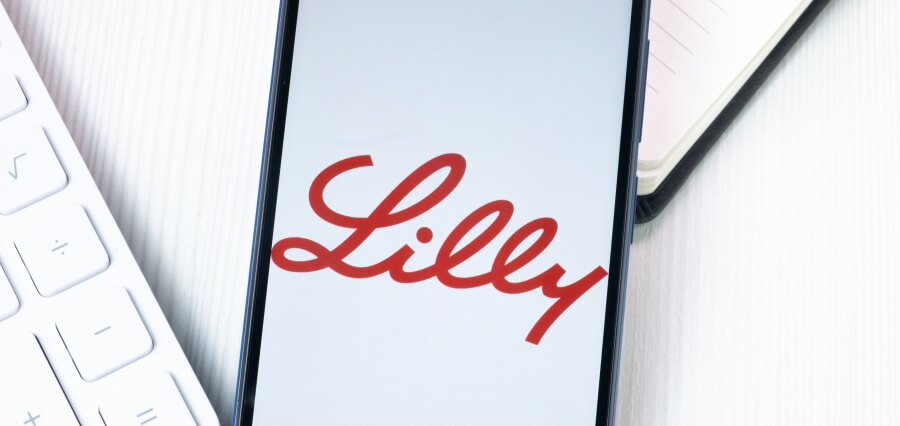In a head-to-head clinical trial, Eli Lilly’s Zepbound appears to have delivered superior weight loss outcomes compared with Novo Nordisk’s Wegovy. The trial was conducted in the context of a Phase 3 study. Here, researchers found that those receiving Zepbound experienced a mean of 20.2 percent body weight reduction over a period of 72 weeks or approximately 50 pounds. Those using Wegovy, on the other hand, lost an average of 13.7% of their body weight during the same period or some 33 pounds. The loss of weight in Zepbound was 47 percent more than that recorded by Wegovy. More than 31 percent of patients using Zepbound lost at least 25 percent of body weight compared to 16 percent of patients using Wegovy.
The outcome of the trial supports earlier studies that believed Zepbound was effective compared to Wegovy. Of course, there is that late-stage study of Zepbound that has proved to have a weight loss higher than 22% in its average, and a certain analysis of Wegovy revealed its ability to cut off extra pounds by 15%. The most convincing evidence provided by the latest trial involved the participation of 751 obese or overweight patients who also possessed at least one associated condition. It excluded patients with diabetes, thus narrowing the focus even more to those seeking weight loss primarily.
According to Eli Lilly’s senior vice president of global medical affairs, Dr. Leonard Glass, the study was conducted in order to help healthcare providers and patients make informed treatment decisions about obesity medications, which have lately gained popularity. The results are being analyzed and will be published in a peer-reviewed journal and presented at a medical conference next year.
Both drugs have comparable mild to moderate gastrointestinal side effects. The more significant weight loss edge of Zepbound could make all the difference for Eli Lilly in its battle with Novo Nordisk, given that the market for weight loss drugs is forecasted to be $150 billion annually by the early 2030s. Zepbound is a drug that was approved just in late 2023 and has garnered much interest since then. Analysts predict this drug could become the best-selling in the world, with projections of annual sales reaching $27.2 billion by 2030. Wegovy, which entered two years earlier, is set to generate $18.7 billion in annual revenues.
Despite the high demand for both drugs, supply problems have recently been resolved and both Zepbound and Wegovy are now available according to the FDA‘s drug shortage database. However, some patients face a barrier of limited insurance coverage with the costs reaching around $1,000 per month for each drug.





